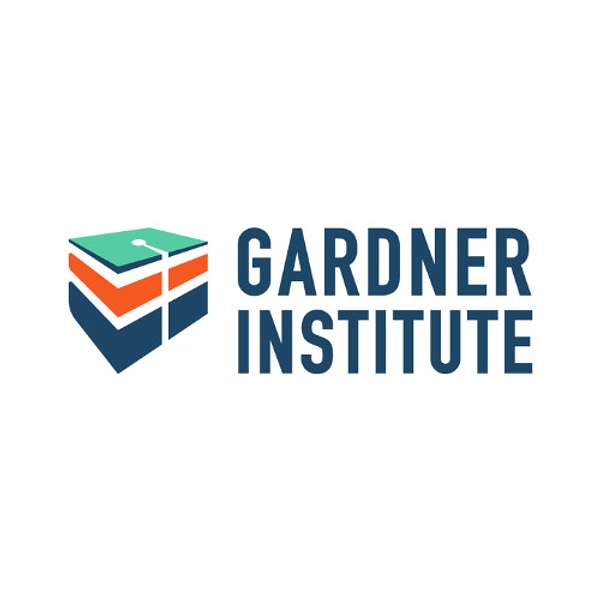
Office Hours with John Gardner
We are searching for big ideas that inspire hope and action in higher education around institutional transformation and innovation to advance student success and more equitable student outcomes. Joining John Gardner are higher education leaders and other relevant persons of interest who will discuss innovation and strategies that improve higher education.The Gardner Institute, a 24-year-old non-profit, has been at the forefront of innovation in higher education; our mission very clearly connects us to the broader societal efforts to increase social justice.The Gardner Institute connects with thousands of professionals in the higher education ecosystem; through a wide array of activities such as Transformative Conversations, the Teaching and Learning Academy, and the Socially Just Design Series, and through our work as an Intermediary for Scale supported by the Bill & Melinda Gates Foundation. As a leader in the student success movement in higher education, we strive to provide support for institutions interested in social justice and institutional transformation.
Office Hours with John Gardner
David Graham- Cultural Capital
Dr. David L. Graham is the Assistant Vice-Provost for Student Academic Success at The Ohio State University. He has been at Ohio State since 2006 and has over twenty-five years of higher education experience in academic affairs, student life, and intercollegiate athletics. Dr. Graham was a 2013-2014 American Council on Education (ACE) Fellow and earned a bachelor’s degree in Electronic Engineering, Technology, and Mathematics from Savannah State University, a master’s degree in Sports Management from Georgia Southern University, and a Ph.D. in Higher Education Administration from the Ohio University Patton College of Education.
Dr. Graham has been recognized for his ability to develop and implement strategic plans to achieve specific student success goals. His research is focused on various issues concerning the administration of intercollegiate athletics in higher education (e.g., academic integrity and achievement, gender, racial and ethnic diversity, Title IX, corporate sponsorship, learning disabilities, and fiscal responsibility), and the effects of college on student-athlete development and learning outcomes. He is a co-author of the book Black Males and Intercollegiate Athletics: An Exploration of Problems and Solutions and has delivered more than 100 professional conference presentations, workshops, symposia, and other scholarly addresses.
